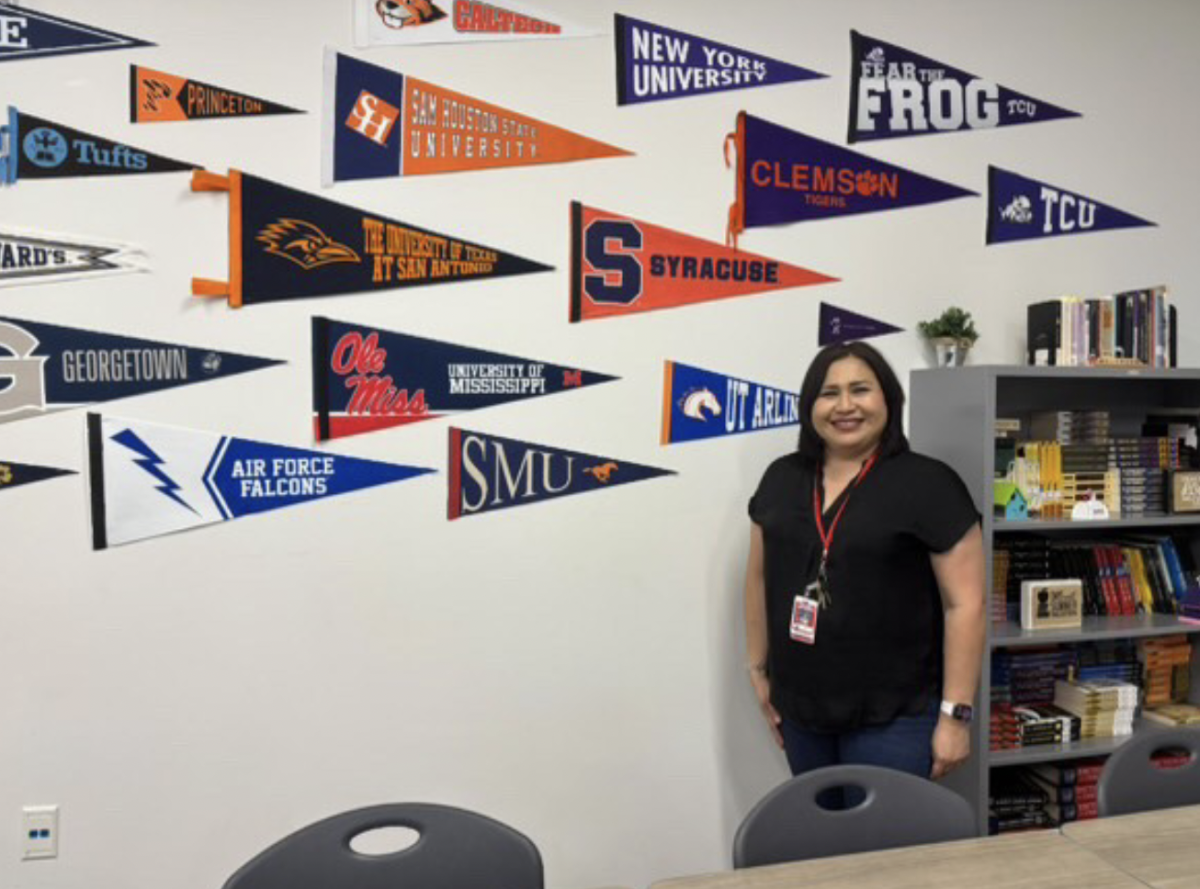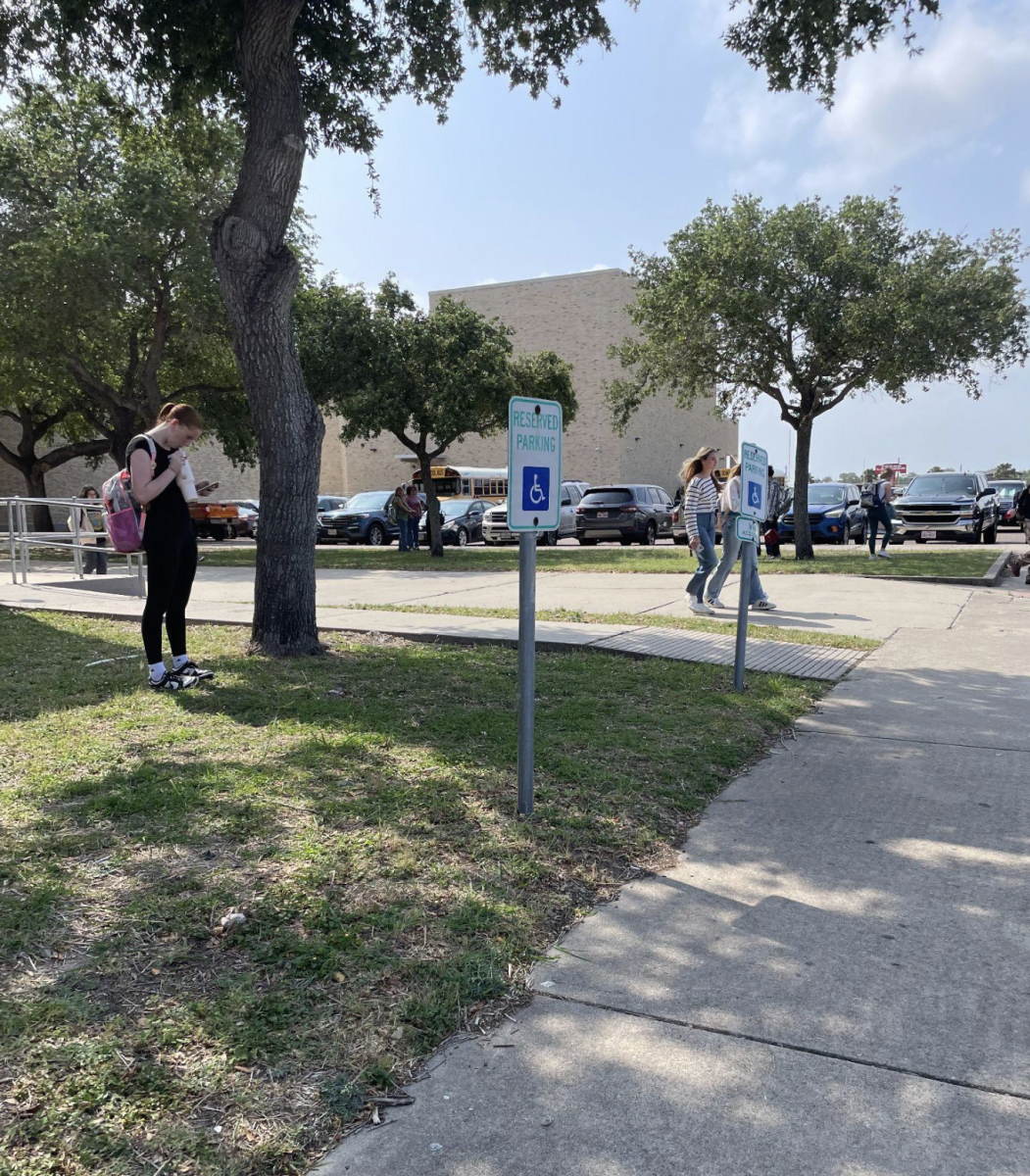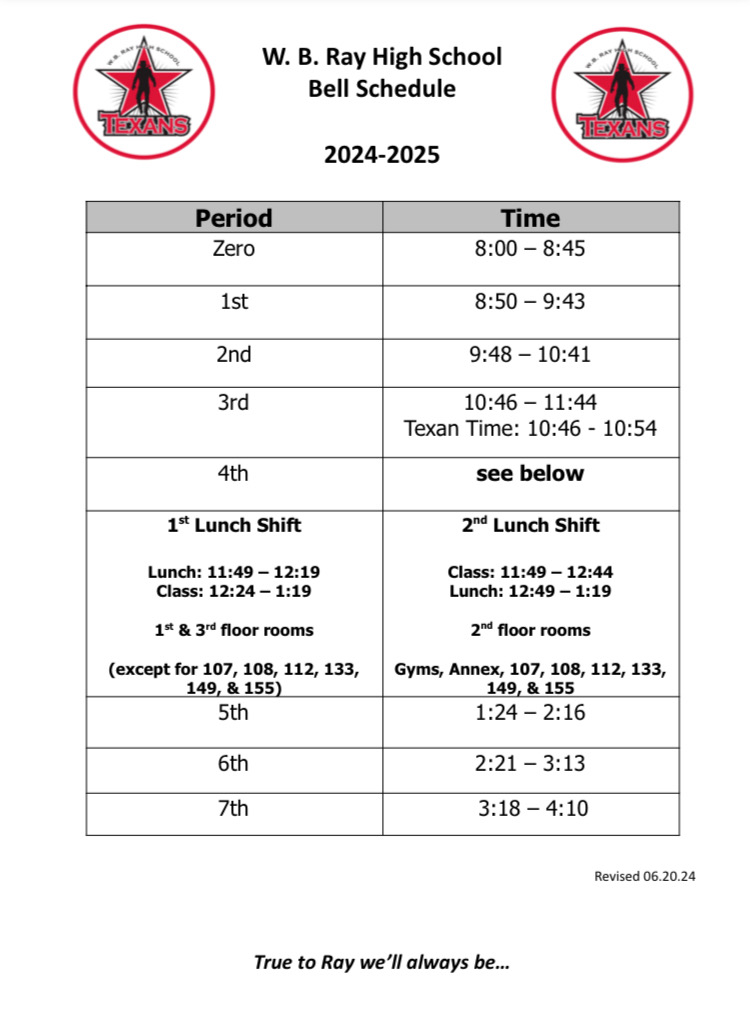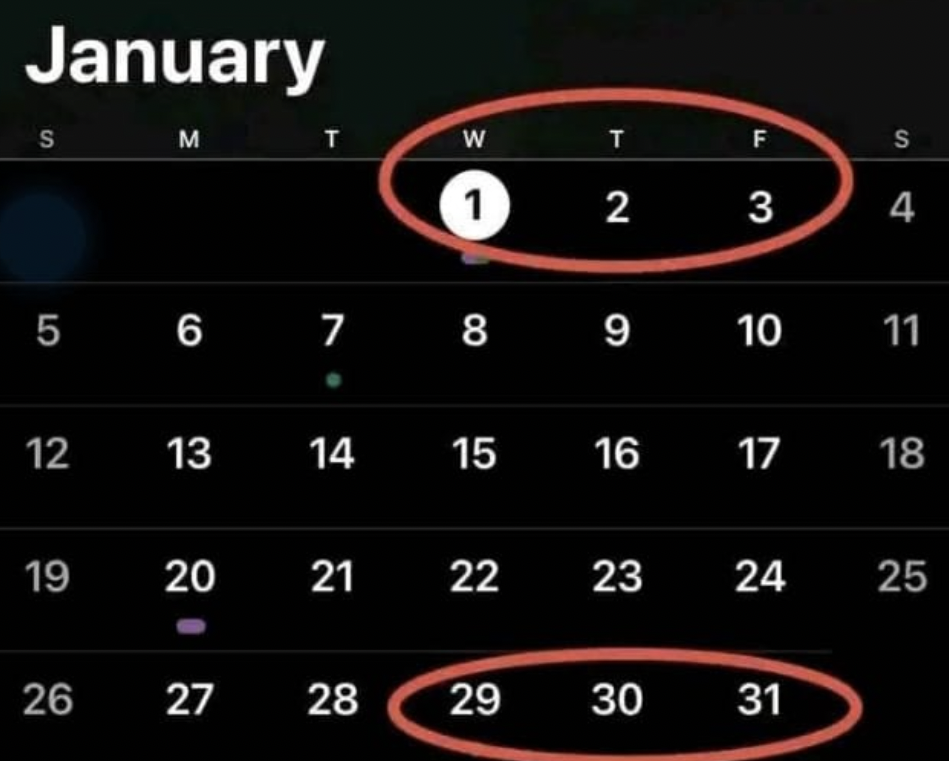Ray High School English teacher Ruth Whitmore approaches teaching with a strong belief in and actively engaging with her students and building relationships. Her passion for teaching is fueled by a desire to help students connect deeply with literature and develop their critical thinking skills.
Disclaimer: the questions for this interview were curated based on student input and have no reflection on WB Ray High School as a whole.
Q: What is your teaching philosophy?
A: I firmly believe in building personal relationships with students – and what I mean by that is, I want to engage them in their learning … Whenever we are discussing any of the literary texts I want you to be an active participant in your learning. I’m a firm believer in analytical discussion: Socratic seminars, presentations, group projects. It gives you an opportunity to really engage with the text. … We build a relationship where you understand what it is that I expect from you.
Q: What is your opinion on the workload in the IB program and what should students do to best succeed?
A: I am a firm believer in providing six-week schedules for students. You will know everything that I expect from you based off of the six-week schedule. … Ideally, before a six-week starts, you already know everything that you’re going to be doing the following six weeks. And if I don’t have the entire six weeks planned, I at least have one to two weeks already planned, so that you know where the unit is going … I post [the schedule] on Canvas, and I explain to the students: this is what I expect from you the first six weeks. So you know all major assignments, you know all minor assignments … if there are any quizzes, if there are any group presentations, projects, etc. I’m providing that so that you can plan.
Q: What books were read in your class this year and why did you choose them?
A: I like to teach books that I personally enjoy reading, but I also have to follow specific criteria set by the IB. For example, I have to include books in translation, as well as books originally written in English. One of the works in translation that my IB Year One students studied this year was No Longer Human, a Japanese novel by Osamu Dazai. They also studied the poetry of Wislawa Szymborska, a Polish poet. A work originally written in English was The Road by Cormac McCarthy and The Crucible by Arthur Miller. We’re currently studying Ransom.
I choose works that I enjoy reading but also focus on the human condition — experiences that everyone has gone through at some point in their life. I also like books that make you think. Life doesn’t always have a happy ending, and that’s an important aspect.
Of course, I also follow IB guidelines. … We have to have work in every single genre. IB also dictates that we study 10 literary works, AKA units. So, I’m not only following IB guidelines, but also my personal journey with the text. Again, I don’t like to teach anything I don’t enjoy reading because I personally feel that students can see I don’t like this book.
Q: What types of assignments usually come along with the books read in class?
A: Annotations, dialectical journals, analytical essays, presentations, Socratic seminars, quizzes. … I also try to highlight some form of creative aspect. It might be a storyboard, a character map, research.
Q: How do you manage grading in your class?
A: I’m constantly grading. Constantly. I give myself a timeline or a time limit … My philosophy on grading is, if I graded during the week, that means I can enjoy one day out of my weekend. So Saturdays, I won’t touch grading. But on Sundays, I know that I’m going to be grading in the afternoon or in the evening. I generally have my lesson plans already done by the time I start grading. I don’t like to have stacks and stacks of grading. … Now, that doesn’t mean there aren’t times in the school year where I’m really behind on grading.
When I go home — if I’m going to grade at home — I give myself, let’s say, one hour or an hour and thirty minutes. Sometimes I do end up grading for a marathon of three hours. But I try to get as much grading as I can done here so that I can enjoy my time at home. … There are only two weekends where I’m not grading: the weekend before school starts and the weekend that school ends.
Q: How do you assess a student’s work?
A: Well, it depends on what the assignment is as far as the requirements … For example, a quiz — I’m a firm believer in what I call open response quizzes. I have to read those questions to see what evidence you’re using to support your response. So in that case, if it’s a five-question quiz, each question is worth 20 points. If there are any issues in your response, I just start deducting. If it’s completely wrong, it’s 20 points off. If it’s half, you get half credit — then it’s 10 points. That’s something like a quiz.
Q: What is one thing you want all your students to know before starting your class?
A: The workload may be overwhelming. … However, the results are rewarding. Most students feel prepared for their English exams. Everything I do is intentional, and I tell them that from the very beginning. All the annotations on the dialectical journals — you can use them when you have to review for your exams. A lot of students come back and explain to me, “Now I remember why you wanted us to write dialecticals,” because they used them to memorize quotes for their papers, or they used the annotations on their study guide, etc.
Q: What’s your favorite part about being a teacher?
A: There’s so many. You’re asking me to choose only one. … Well, I think it’s getting to see the journey of learning with my students. I get to witness how you grow as an individual, as well as an academic scholar. I see the maturity that comes with understanding what’s required of you.
Q: Who was the most interesting student you remember and why?
A: Probably about 10 or 11 years ago, I think his name was Eric. … He was part of the first IB cohort. He was so nonchalant about his work. … You would have thought that he didn’t care at all. But at the end, when the results came out, this particular student made an A on his Extended Essay (EE).
I don’t remember exactly what his score was, but I want to say it was either a 4 or 5 in English. He received his IB diploma. I did not think that this student would make it. … Then come to find out, he ended up going to school somewhere up north. He might have even done his graduate work there.
It was so fascinating to me. Here I thought he was a slacker who didn’t care about learning, but I think the fact was that in a traditional learning environment, it just wasn’t his fit. Leaving high school and learning in academia really fostered his love of learning.
Q: What do you do outside of teaching and what are some of your personal interests?
A: Oh, I love to go to the movies and eat dinner with friends. I’m part of an educational sorority called ADK, which stands for Alpha Delta Kappa. We do a lot of service projects. I also enjoy spending time with family and friends. If I get the opportunity, I love to travel.
Q: A lot of students wanted this answered: do you have any comments about your bob, your haircut?
A: I think it’s hilarious. No, I didn’t think my bob was that intriguing. Is that question because people think it’s a bad haircut?
Interviewer: No, I think it’s just out of pure intrigue in a good way.
A: Oh, okay. I went for something quick and easy, and that’s why I like this hairstyle.





